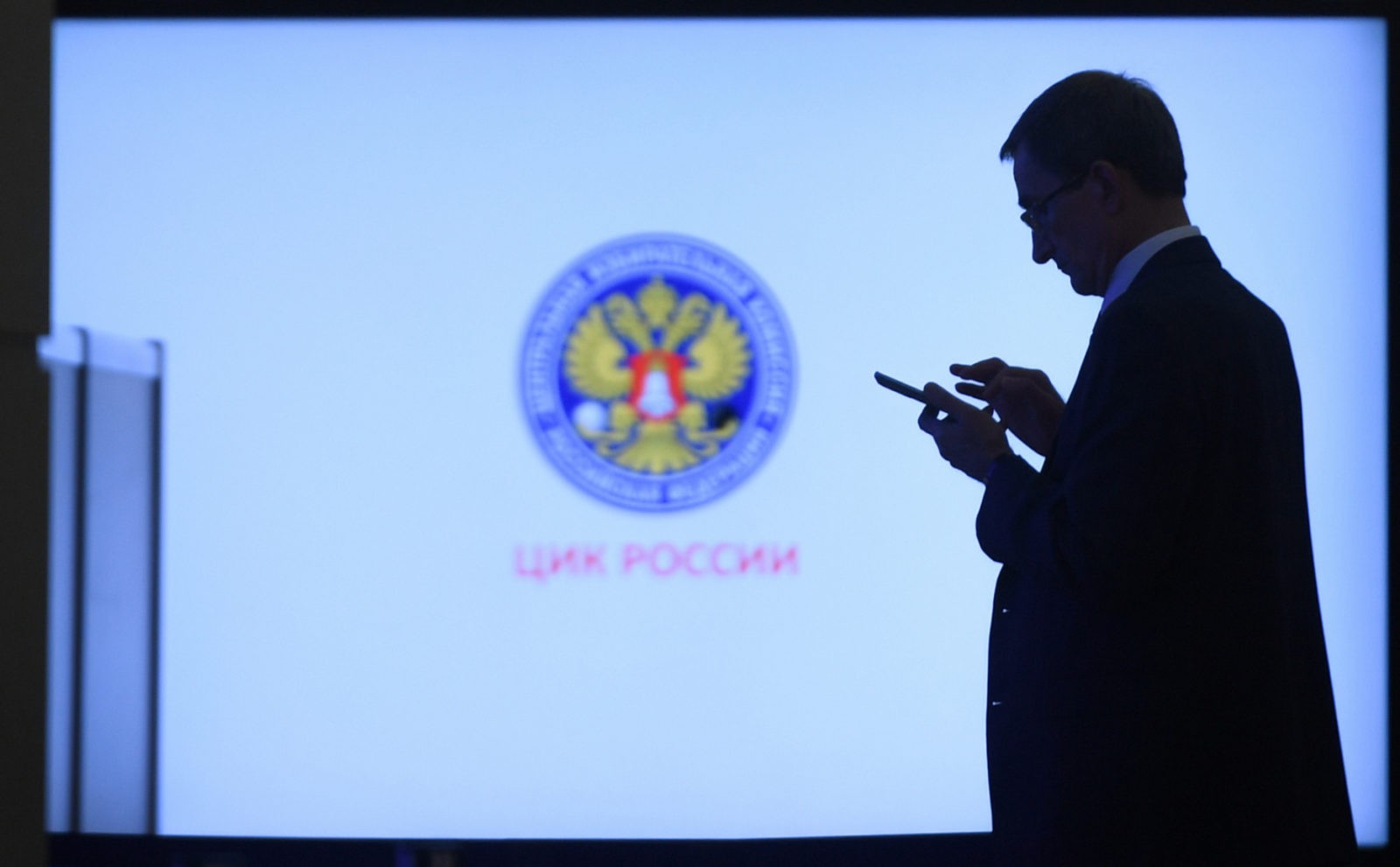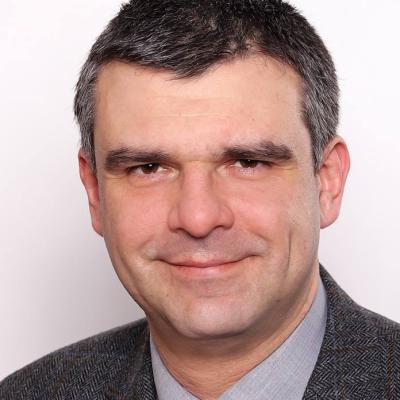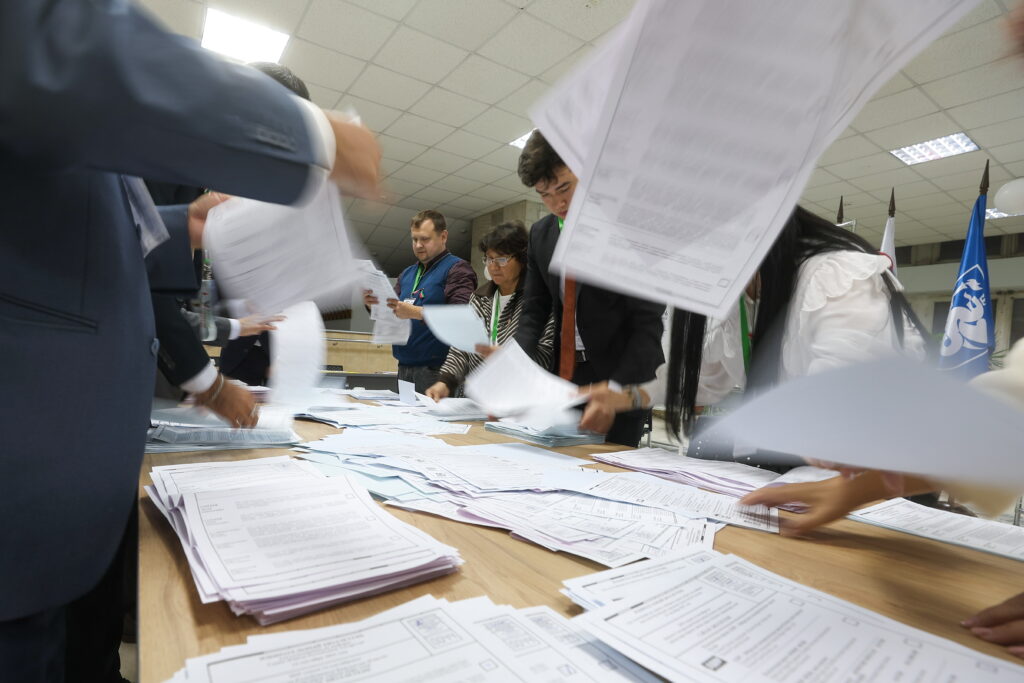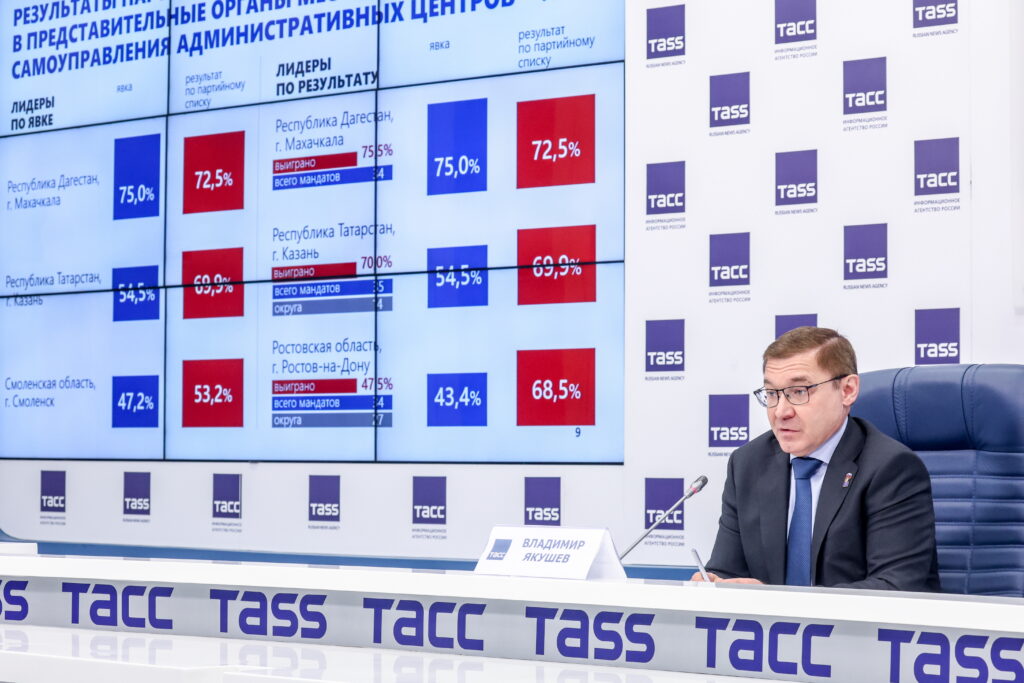The West watches Russia’s electoral process and, in particular, its oppositional movements, from a distance. For example, German journalism has focused on notable and well-known figures for local readers, such as Alexei Navalny, while paying minimal attention to Russian electoral mechanisms themselves. For this reason, regional elections in the Russian Federation, as a rule, only merited brief coverage in the German media.
The Moscow City Duma elections on September 8, 2019 led to a renewed interest in Russian politics from the German media. Germany’s Channel One, ARD, published at least eight stories and organized live broadcasts for its news programming. One of the country’s leading newspapers, Die Zeit, devoted five articles to this topic, including interviews with individual candidates. What caused such an active interest in the Russian capital’s parliamentary elections, despite their insignificant impact on Russian politics generally? How accurate is the German outlook on the situation in Moscow and in Russia on the whole? Why do Germans have these attitudes?
“Muscovites are not backing down”
This is the headline of one story aired on Tagesschau, the main news broadcast of the ARD channel, on the last day of August. In another article dated the same day, author Sabine Stöhr outlined the main reason for German journalists’ interest in the elections in Moscow: “It’s not just about free elections.” German journalists were attracted by the sheer scale of the street protests and by the organized nature of the protest movement. In their search for the reasons behind this massive movement, the German media touched upon the population’s general dissatisfaction with the state of affairs in the country: corruption and self-enrichment of the powerful, dissatisfaction with the deception of voters, but also a readiness for change, at least at the local level, and a reluctance to live in an “imitation democracy”. Thus, the focus was less on the event (the elections themselves) than on Muscovites’ reaction to the campaign and the phenomena that accompanied it (the protests).
Is there a “problem” in Putin’s system?
Yes, asserts one article headline in Der Spiegel on the outcome of the Moscow elections, very succinctly reflecting the perception of the events in Russia by the German journalistic and expert community. Nonetheless, the author, journalist Kristina Hebel, avoids hasty conclusions, treating the relative failure of United Russia and associated candidates on a case-by-case basis and noting that “the Communist Party and A Just Russia are part of the systemic opposition and only Yabloko can be called an opposition party in the Western sense”. Quite a few German journalists often visit Moscow or live in the capital as correspondents and very sincerely try to understand political processes in the Russian Federation deeply. Cultural figures’ participation in the rallies and creative forms of protest have been covered, and attempts have been made to analyze the micro level as well, such as in one profile in Der Spiegel of an average middle class Moscow family frustrated with the political system.
Across this wide range of stories, the short-lived protest movement in Moscow nonetheless consistently appears to represent a kind of symbol of larger-scale changes in the German information space. In stories written after the election, the voting results were called “a slap in the face to the Kremlin” (Frankfurter Allgemeine), a “defeat for pro-Kremlin candidates” (German-French TV channel ARTE), “a stage victory for the opposition”, or at the very least a mark of a “transition to a new stage” and a sign that “the system of the party in power no longer works” (International Politics and Society).
Yes to change, no to protests
In German media, viewpoints acknowledging that the authorities continued to carry out their strategy without any significant course correction after the protests were noticeably more subdued and isolated. In a web version of his story on n-tv, Denis Trubetskoy cites data from a Levada Center survey of Muscovites on their attitude toward protests and notes: “Overall, the protests are doing little to change the hardline policies of the Russian state.”
The results of an earlier study by the Levada Center in February 2019 paint a picture of Russians’ attitudes nationwide: 22% of respondents were willing to take part in protests (it is worth noting the wording of the question did not limit this exclusively to oppositionist protests), while 77% were not supportive of this type of political activity. Survey participants identified voting for parties with the right policies as their preferred method of achieving positive change (71% for, 29% against) – a conservative approach involving minimal personal initiative. The Center’s director, Lev Gudkov, believes that the Moscow events are unlikely to trigger a wave of protests throughout the country. Key decisions made by the Kremlin in recent years also continue to be supported by a large part of the country’s population – notably regarding Crimea. The percentage of respondents who answered “definitely yes” to the question, “Do you support Crimea’s incorporation into Russia?” between March 2014 to March 2019 actually rose slightly rather than falling (from 57% to 58%). Only 17% of respondents in 2019 believed that Russia violated or possibly violated its international obligations five years ago, while 71% did not.
So why do so many German journalists see the pre-election events in Moscow as a harbinger of major political changes in the Russian Federation? Almost any foreign correspondent working in the country will be familiar with the saying “Moscow is not Russia”, but when writing an article or filming a report, a foreigner may not always have an understanding of the particularities of the Russian capital compared to the rest of the political map of Russia. It is difficult for a reporter to identify these important distinctions, and to get out of the “comfort zone” of Moscow’s Wi-Fi and English-speaking assistants. The opportunities to compare the situation in Moscow with other regions are also limited. To do this, foreign media, facing fierce competition in the international media market, send only a limited number of employees abroad and actively attract freelancers, lacking their own resources and local contacts. For example, only a few newspapers and television channels in Germany reported on the protests in Ingushetia earlier this year. Finally, Germans perceive socio-political processes as in a linear, logical manner. Even if an observer recognizes that the country they are writing about is noticeably different to their homeland, they nevertheless subconsciously extrapolate the realities familiar to them. If after numerous environmental demonstrations in Germany, every German political party competed to quickly create new policy plans for environmental protection, then surely the Russian government will give way to the Moscow protesters in some way or another. At least this is what happened with last summer’s protests against pension reform in Russia. These issues and limitations, of course, do not contribute to a deeper understanding in Germany of the processes occurring in Russia.










